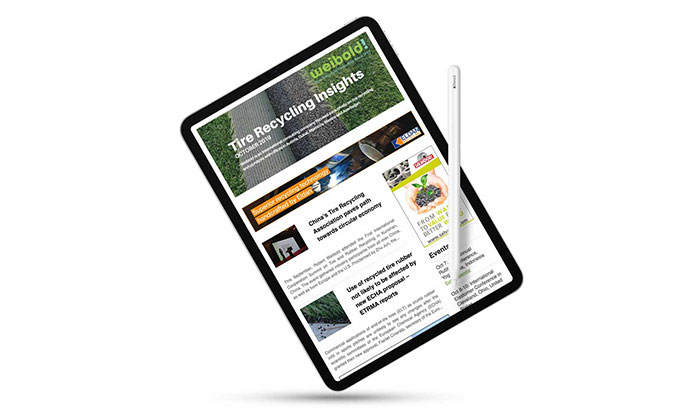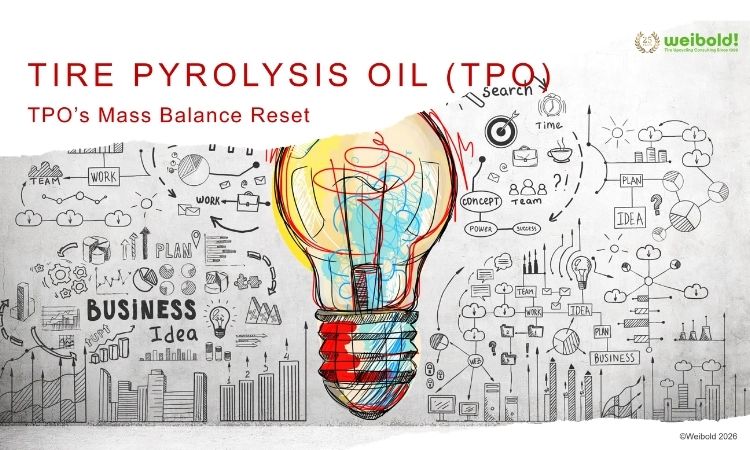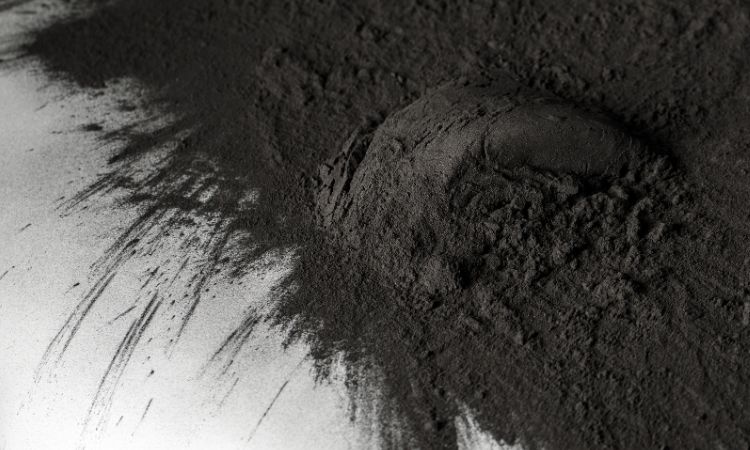Portuguese Technical Commission CT-181 urges ECHA to revoke its proposal to limit the use of crumb rubber infill in synthetic turf fields
In August 2020, The Portuguese Technical Commission CT-181 “Produtos reciclados de pneus” (Recycled Products from Tires) sent its official response to the European Chemical Agency (ECHA) with regard to ECHA’s proposed restrictions for the use of crumb rubber in synthetic turf sports fields.
Earlier in 2019 and 2020, ECHA proposed an outright ban on crumb rubber use where the particle size was <5mm or a thread length was <15mm. This recommendation to the European Commission was to include a six-year adoption period from 2021.
The Portuguese Technical Commission CT-181 expressed its position described in the 4 attached documents below, submitted to ECHA in August 2020 as a formal answer to the "ECHA Public Consultation on microplastics rubber infill", urging ECHA not apply restrictions to the rubber infill, defending continuation of its use in synthetic turf sports fields in the EU.
Among other arguments, the Commission asserts that based on the recent technical document CEN/TR 17519 “Surfaces for sports areas - Synthetic turf sports facilities - Guidance on how to minimize infill dispersion into the environment,” it sees that ECHA should avoid the proposed “ban” and decide upon the continuation of use of rubber infill in synthetic turf sports fields.
The Portuguese Technical Commission CT-181 is convinced that with the mandatory application of effective technical containment solutions of the rubber granulates inside the pitch area (described in the documents below), there will not be any credible chance for the infill granulates to disperse into the environment to and eventually contaminate the sea and ocean.
Below we provide a list of supporting documentation obtained directly from The Portuguese Technical Commission CT-181 ad available for reading on our website. The list includes:
- Answer of The Portuguese Technical Commission CT-181 “Produtos reciclados de pneus” to ECHA Public Consultation on microplastics restriction
- Certificate of Analysis by ICTPOL
- Scientific article: The Separating effect of the sea, Biodegradation in the sludge layer, More nutrients in the sea by ICTPOL
- Scientific article: Modelling the uptake of suspended materials and salts in nearshore waters by plastics using nuclear microscopy and depth profiling analytical tools by Nicolò Tuccori, Teresa Pinheiro, Teresa Peña, Luís C. Alves, Maria João Botelho, Joana Raimundo, Carlos Vale.
Answer of The Portuguese Technical Commission CT-181 “Produtos reciclados de pneus” to ECHA Public Consultation on microplastics restriction
The document is availeble for download here.
Certificate of Analysis by ICTPOL
The document is available for download here.
The Separating effect of the sea, Biodegradation in the sludge layer, More nutrients in the sea by ICTPOL
The document is available for download here.
Modelling the uptake of suspended materials and salts in nearshore waters by plastics using nuclear microscopy and depth profiling analytical tools
The document is available for download here.
Information and documents were provided by The Portuguese Technical Commission CT-181 “Produtos reciclados de pneus” (Recycled Products from Tires).
Weibold is an international consulting company specializing exclusively in end-of-life tire recycling and pyrolysis. Since 1999, we have helped companies grow and build profitable businesses.









